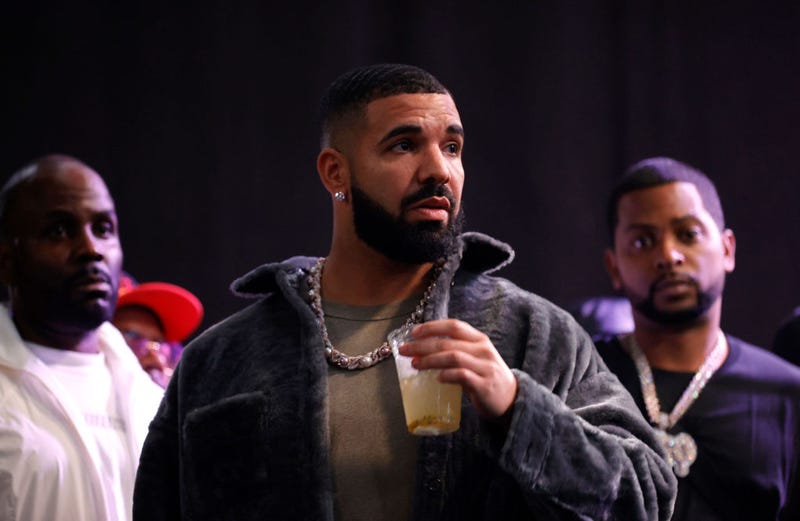
Experts say Vogue magazine could put up a strong case in a new trademark lawsuit against rappers 21 Savage and Drake for using copies of a fake edition of Vogue with them on the cover as promotional material for their recent album.
The musicians stand to lose millions, experts said.
After the duo had shared photos and distributed copies of the fake magazine, Vogue publisher Condé Nast filed a lawsuit against them.
The lawsuit alleges the creation of a "counterfeit version of perhaps one of the most carefully curated covers in all of the publication business" violated the trademark rights of the company.
For damages, Condé Nast is seeking at least $4 million, or triple any profits made from the album and fake issues of the magazine.
Legal experts, like Barton Beebe, a law professor at New York University, have weighed in on the lawsuit, saying it should be an easy win for the magazine publisher.
"I think it's it's an easy case for them to win," Beebe, who specializes in intellectual property law, shared with NPR. "And I think that they'll get the injunction, the injunctive relief, ordering the marketing campaign to stop. It seems to me an interesting question would be if Vogue wants to pursue this all the way to damages, because they could be in the millions for this kind of conduct."
The original post on Instagram that contained the fake photos is now gone, having been removed from Drake’s page since Wednesday afternoon.
But, Beebe shared that the rappers’ legal troubles could also extend past Vogue, as they also parodied several other media entities like Saturday Night Live.
"They're just trying to sell something, and they're making up fake news to do it," Beebe said. "And so it would be understandable if the other targets of this media campaign also brought suit."
Even still, there is an argument as to whether or not trademark law has “a specific parody defense,” according to UCLA law professor Mark McKenna who shared his thoughts with NPR.
"The basic idea of trademark infringement is that the plaintiff has to show likelihood of confusion," McKenna said. "And so, what you see some courts sometimes say is, if the parody is clear, then there's not going to be any confusion because people will understand that it's a parody."


